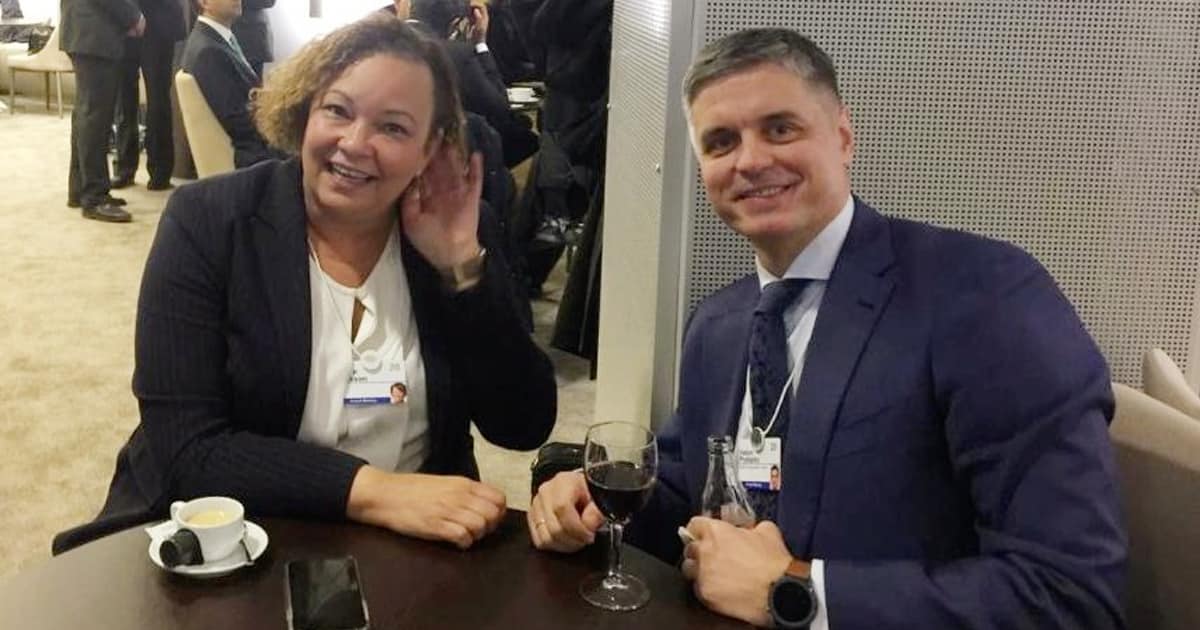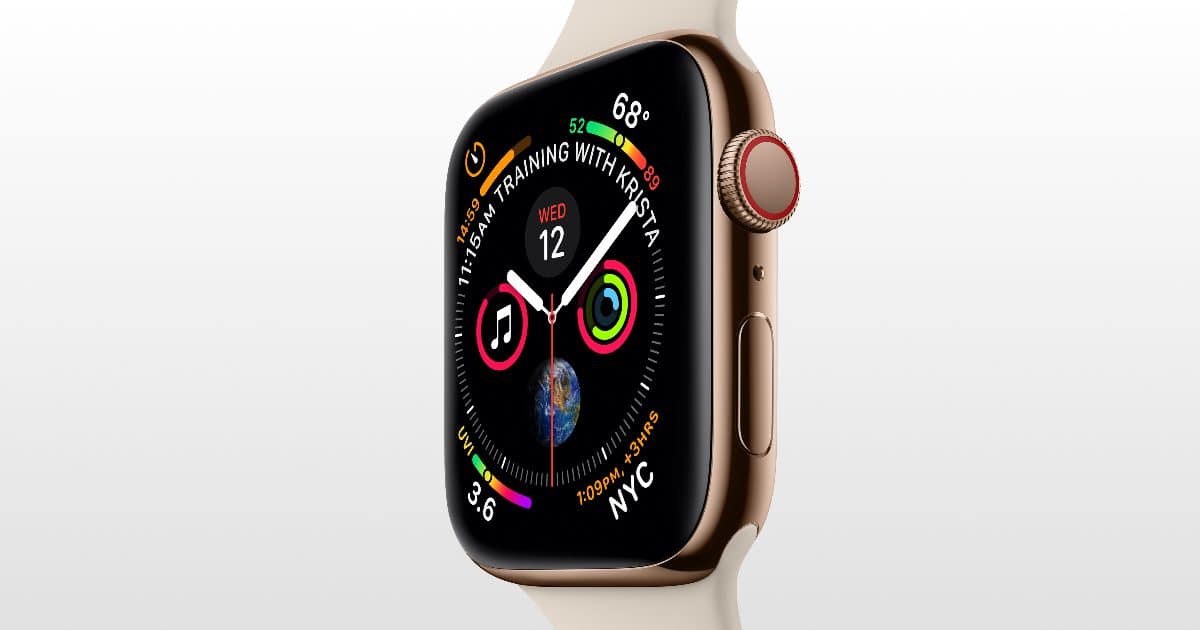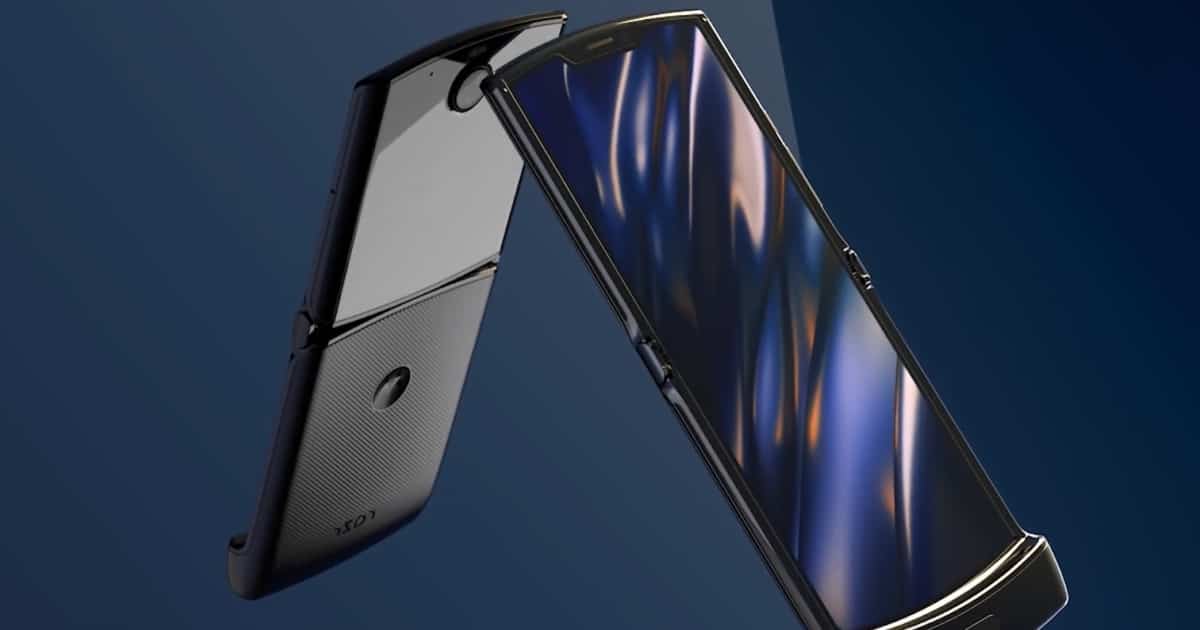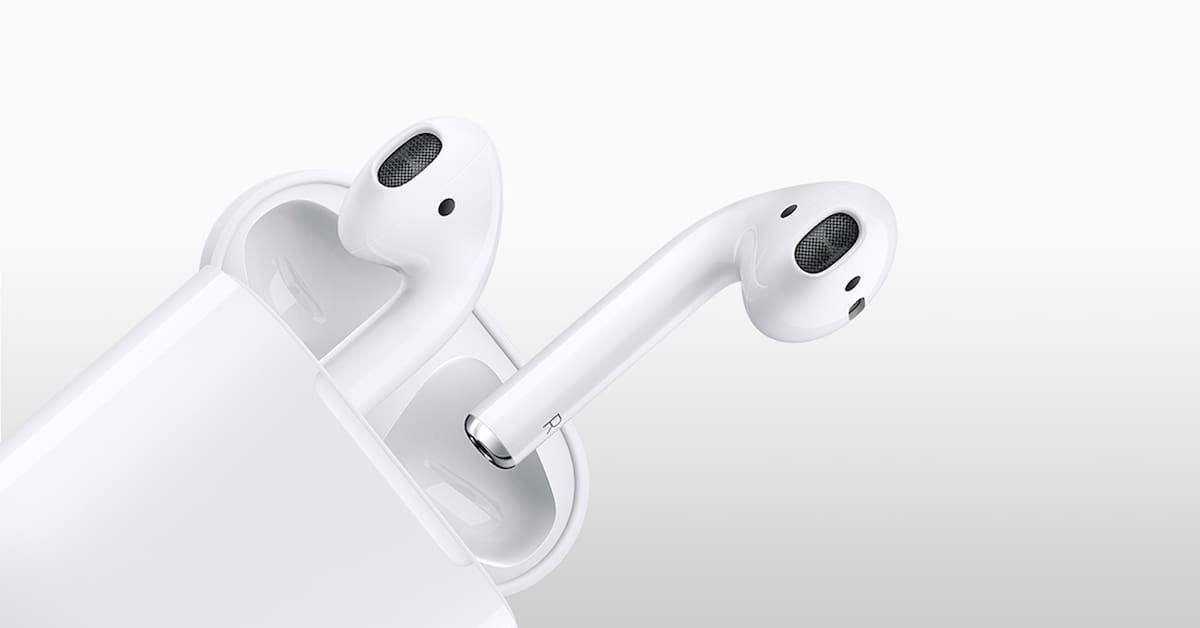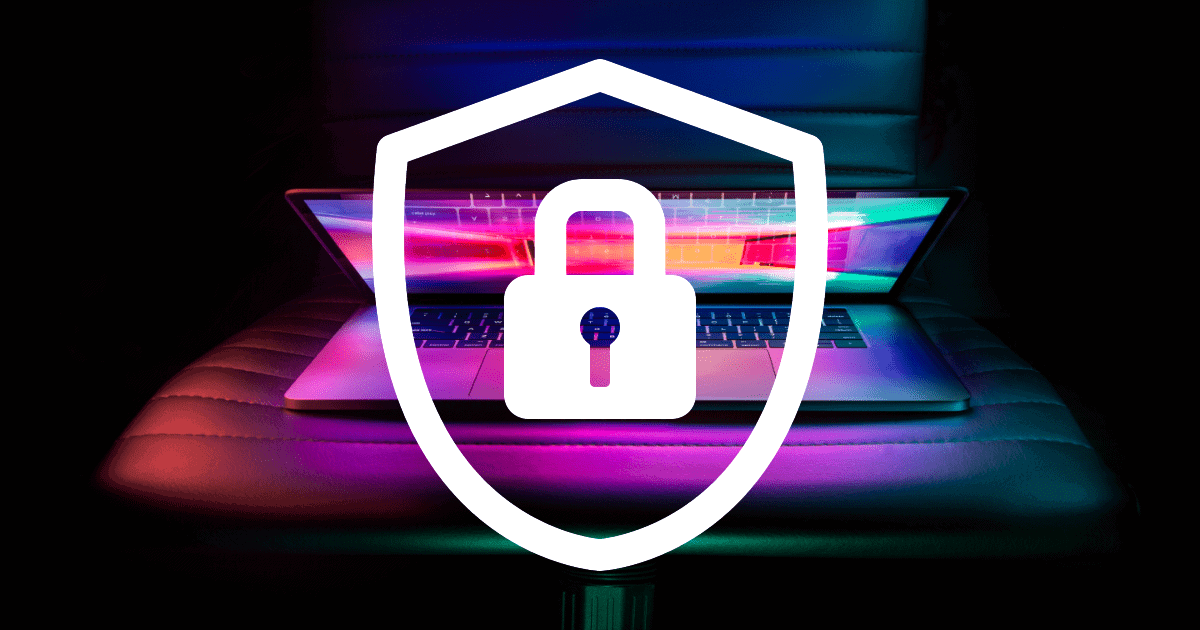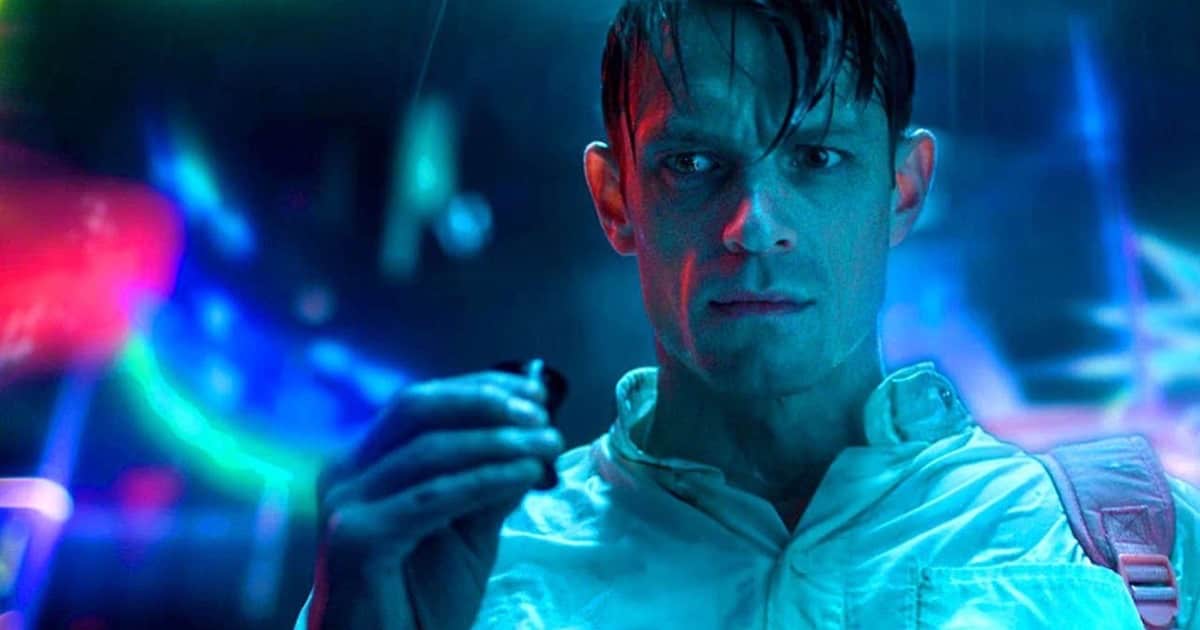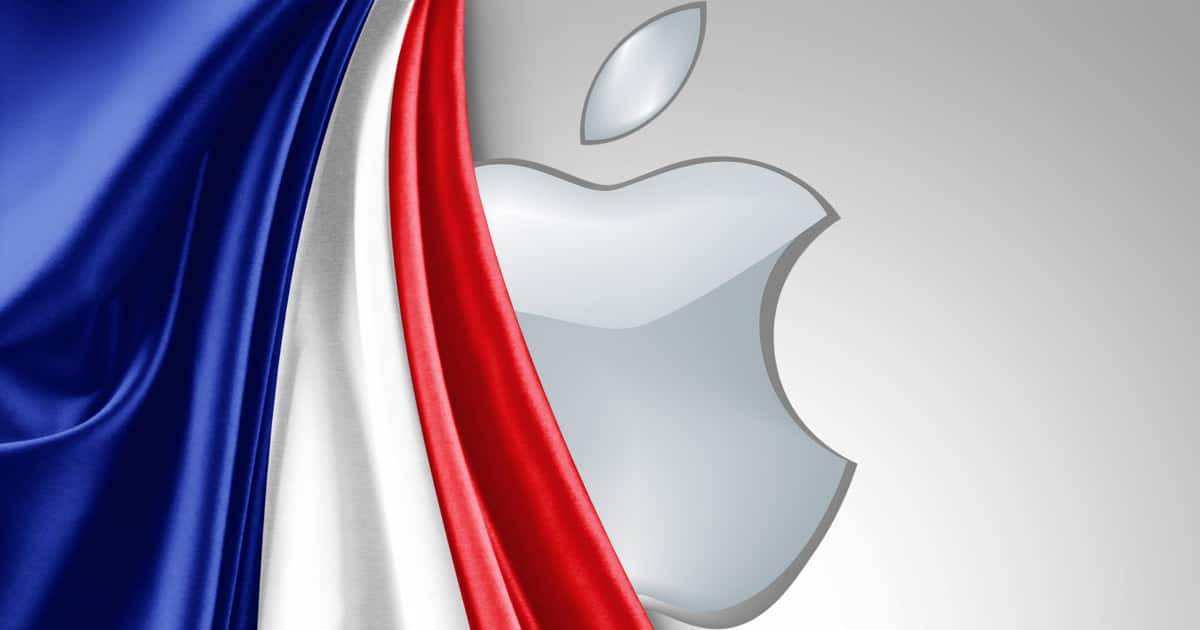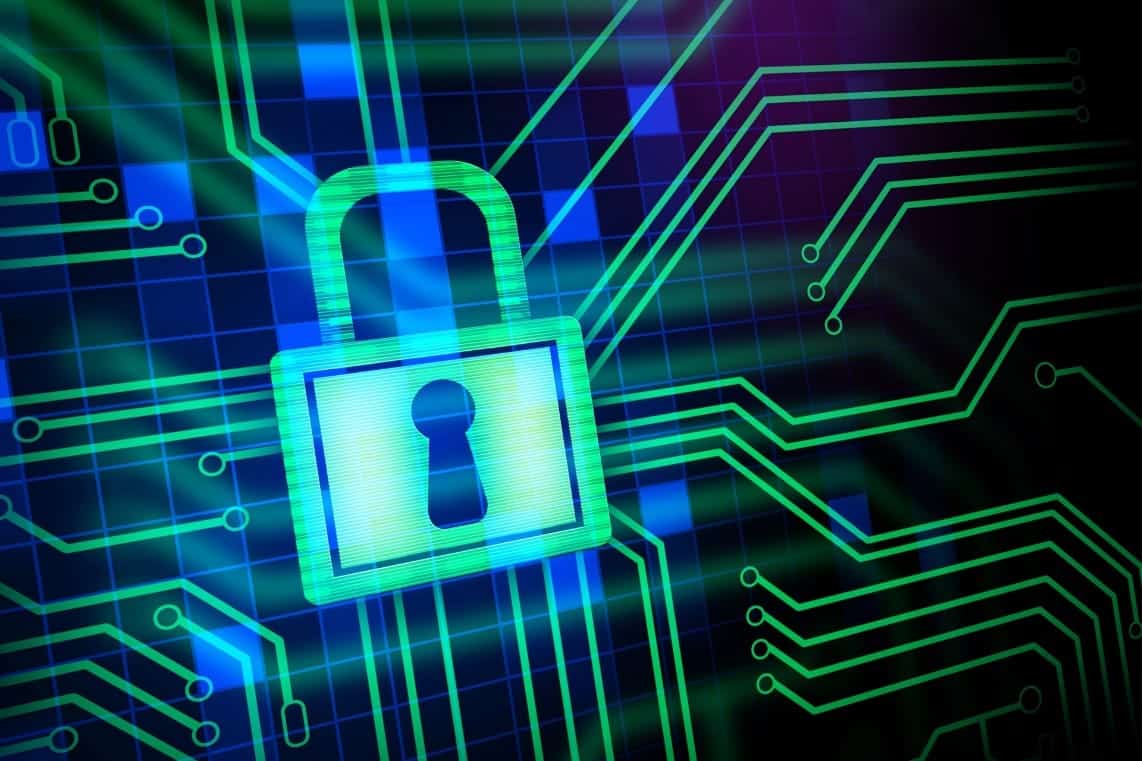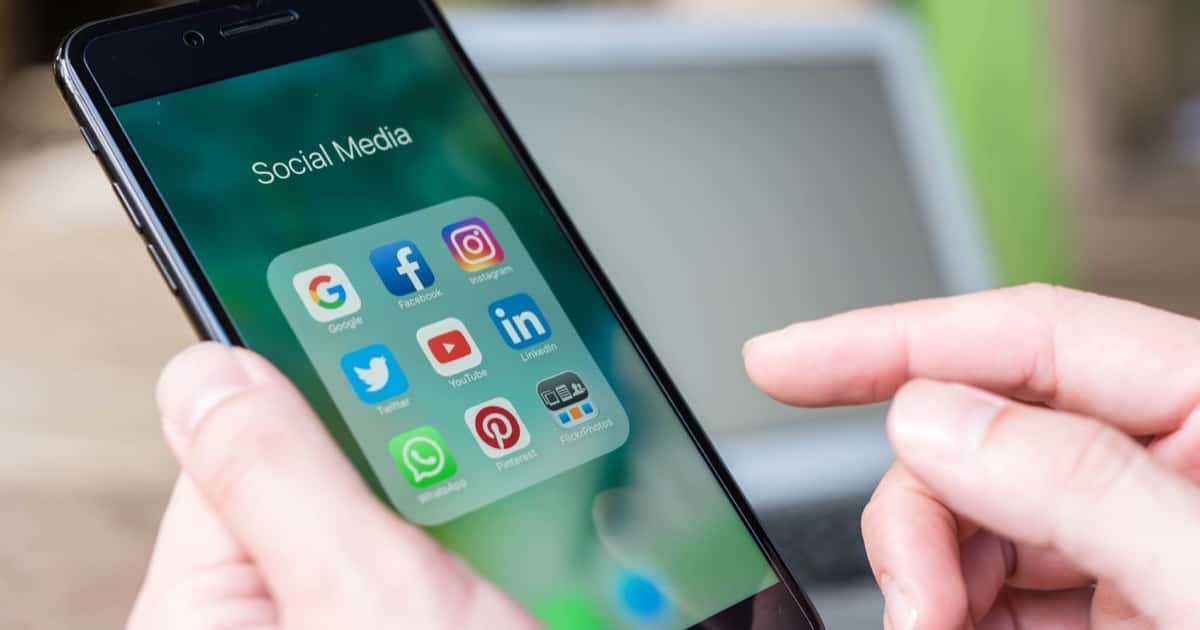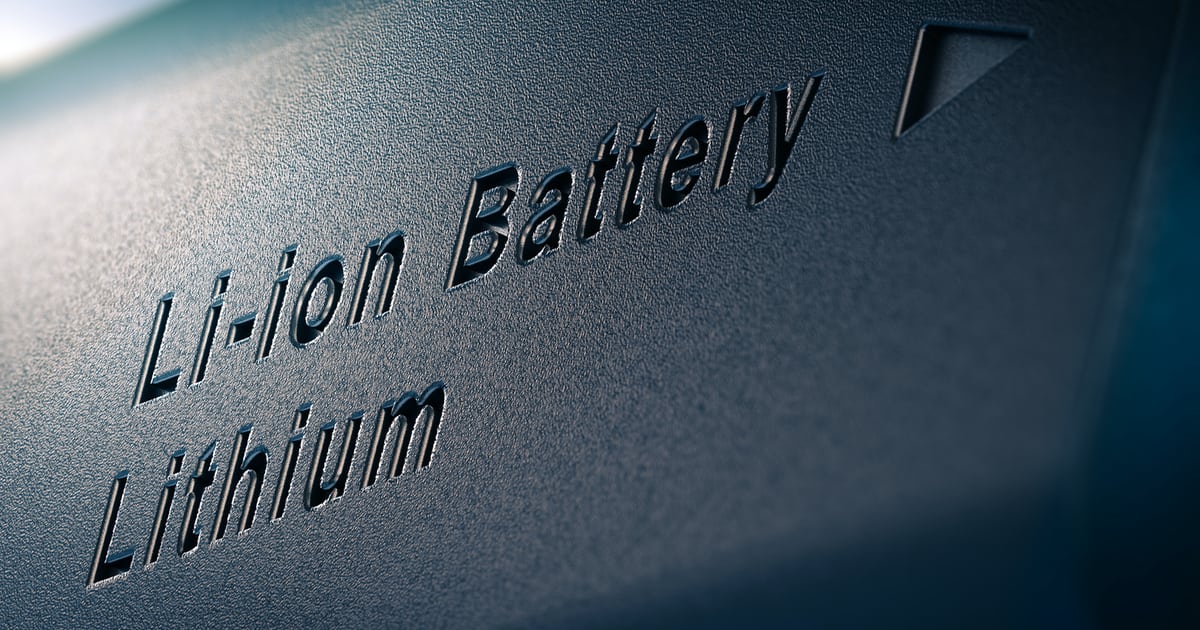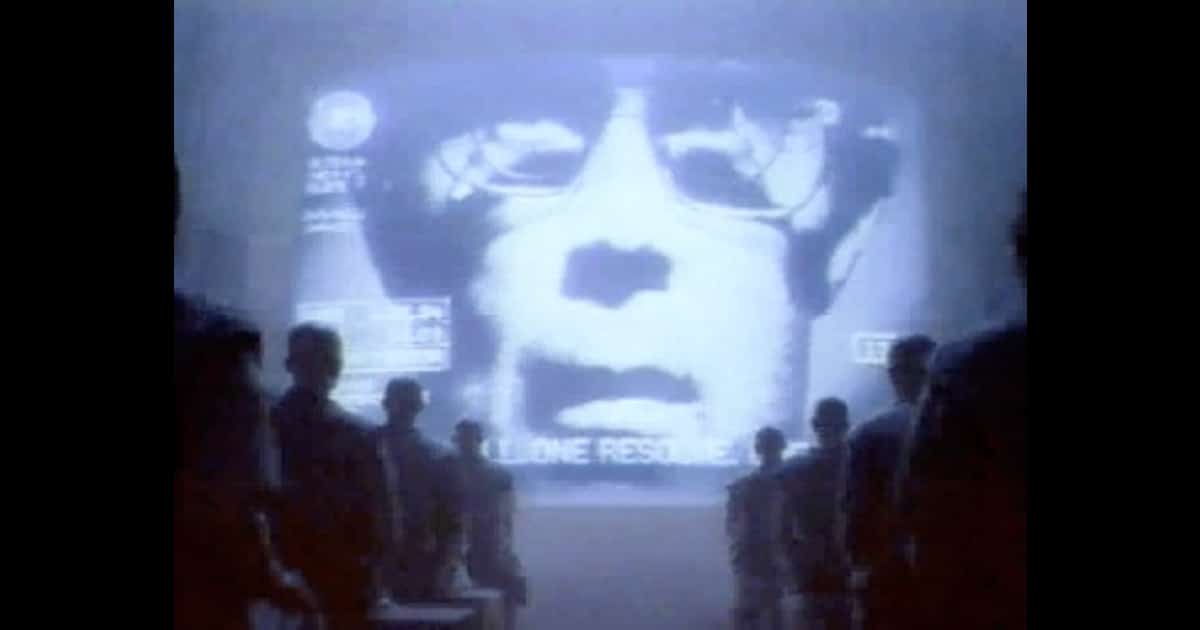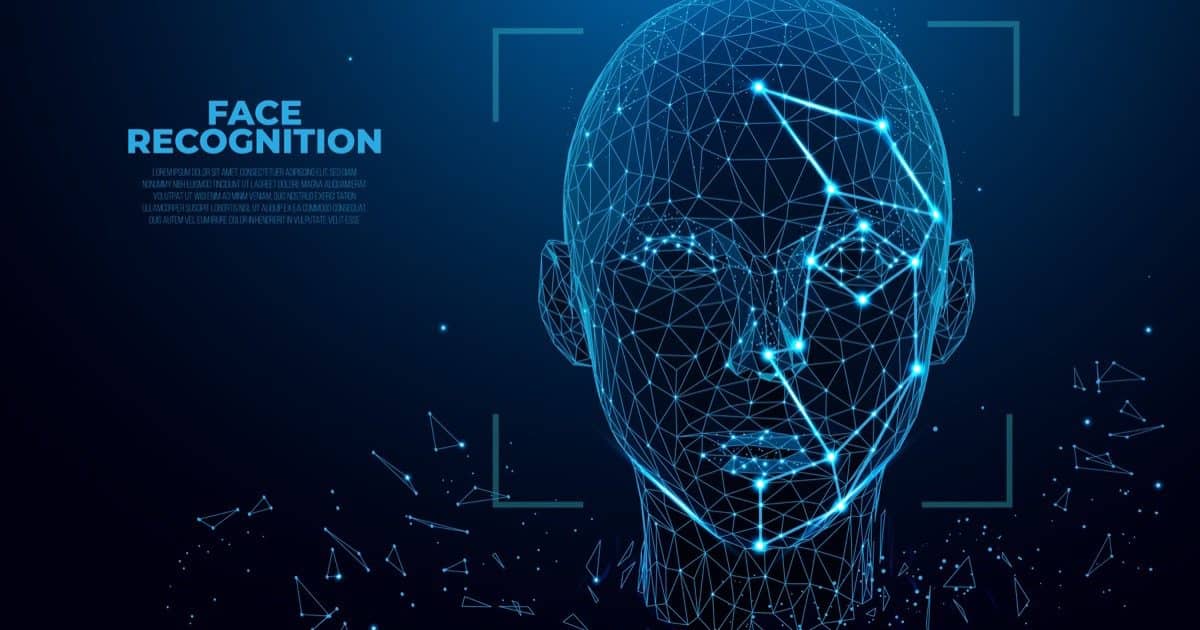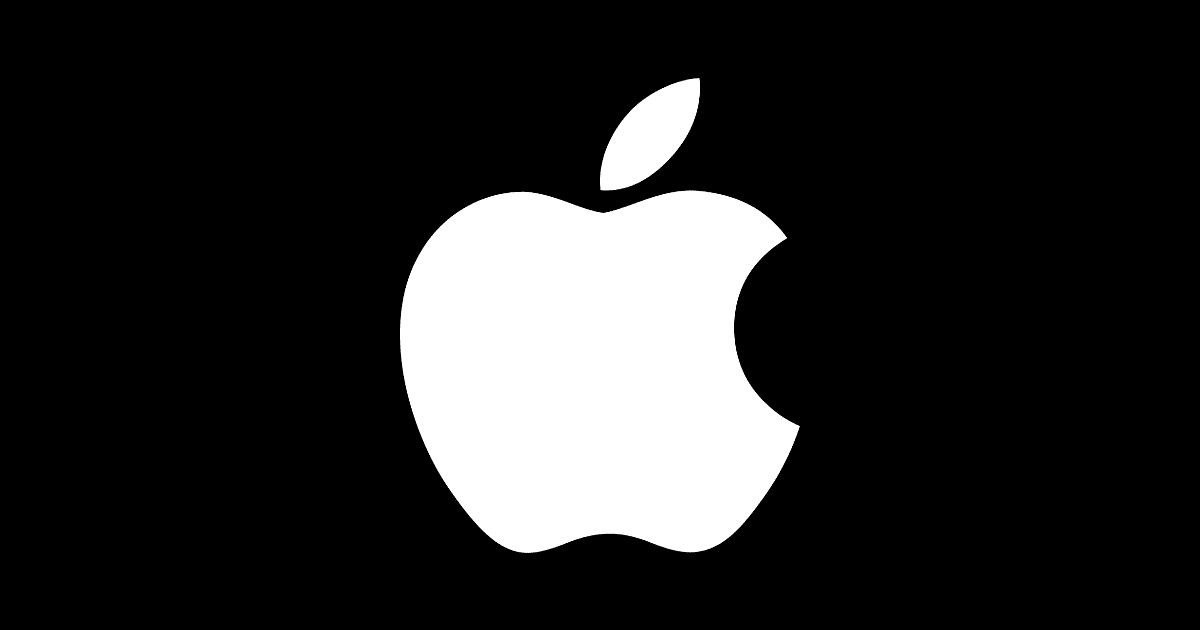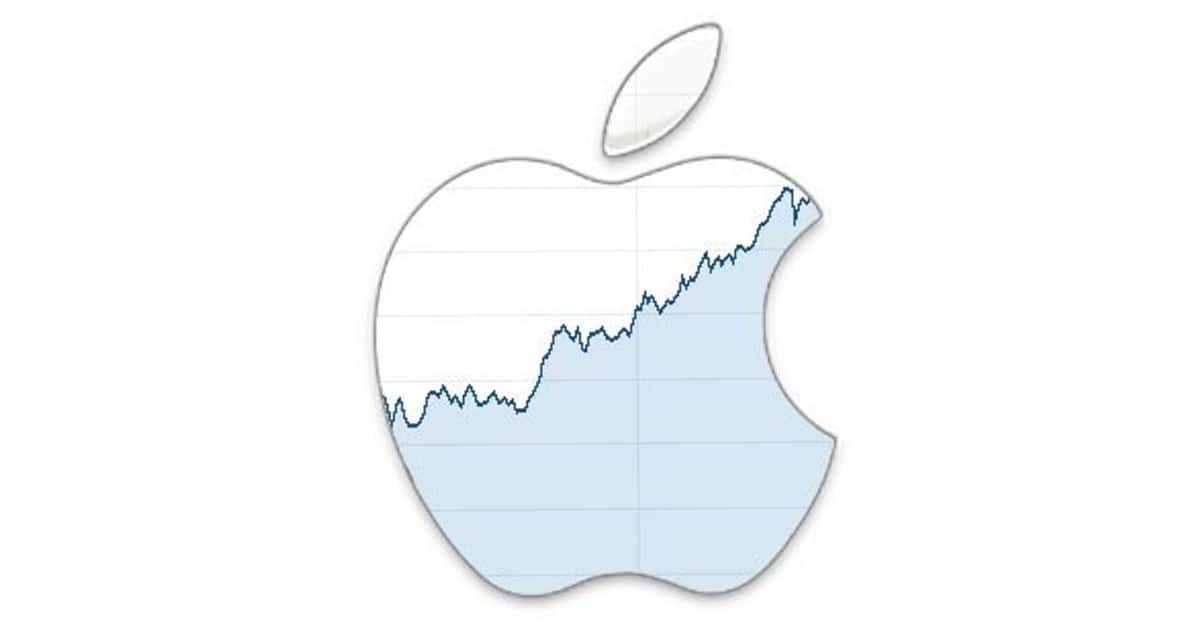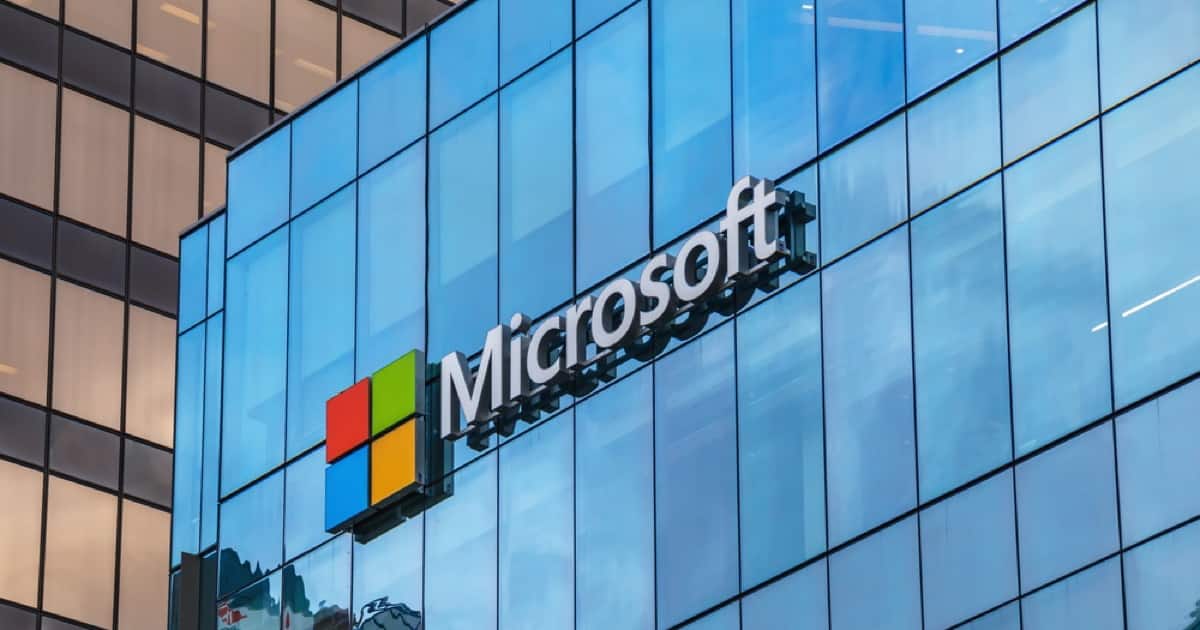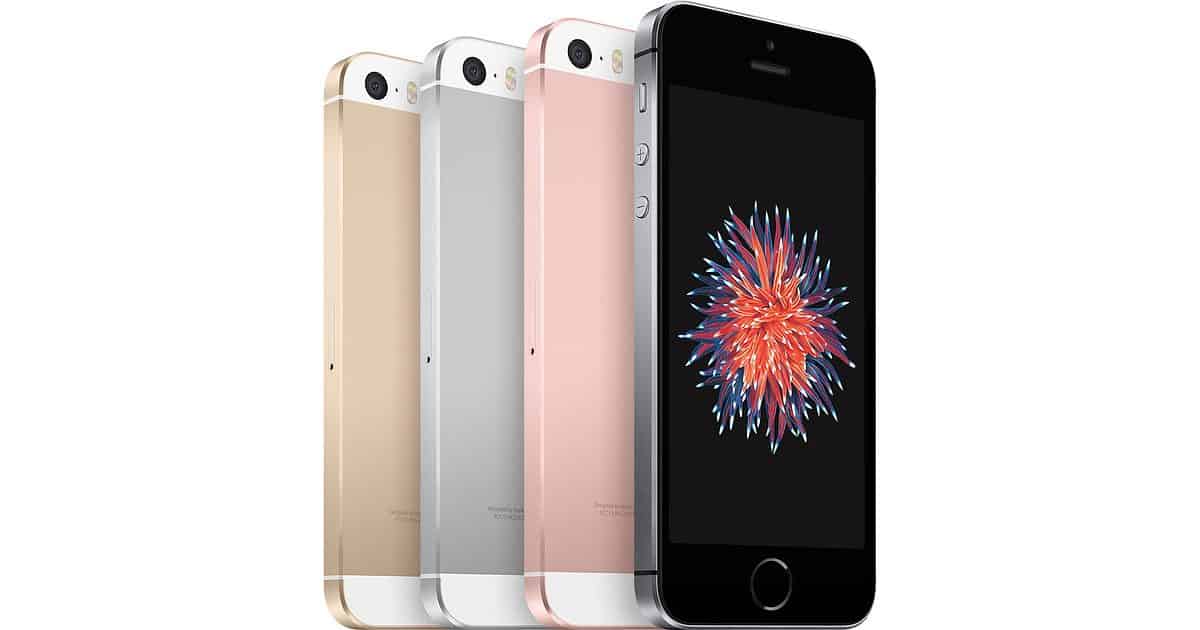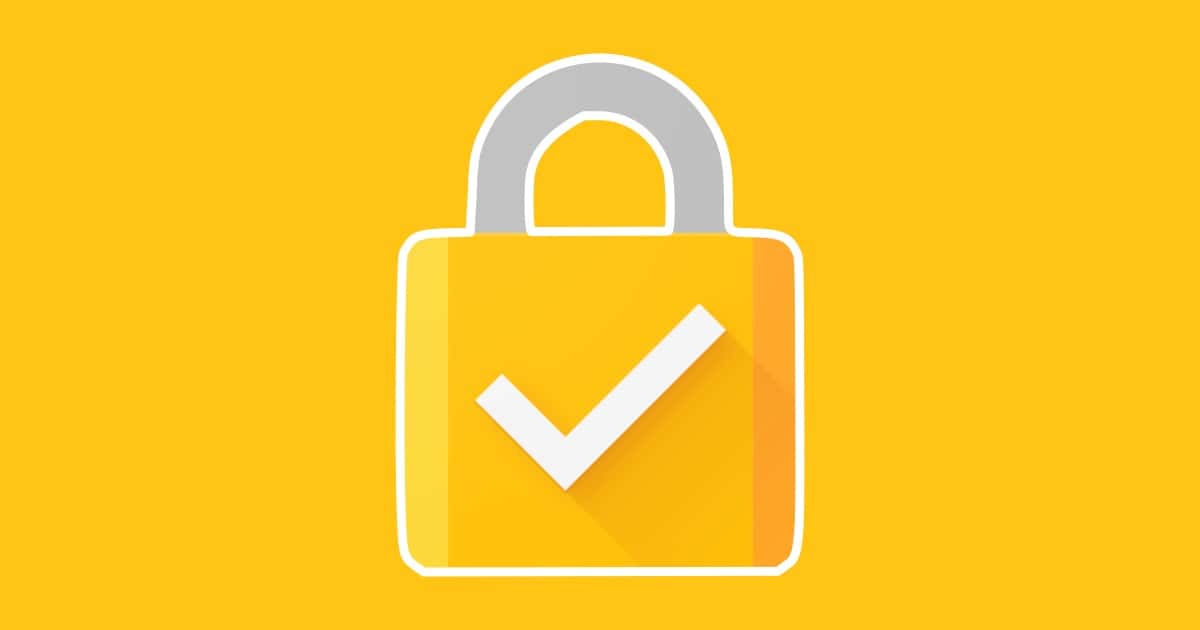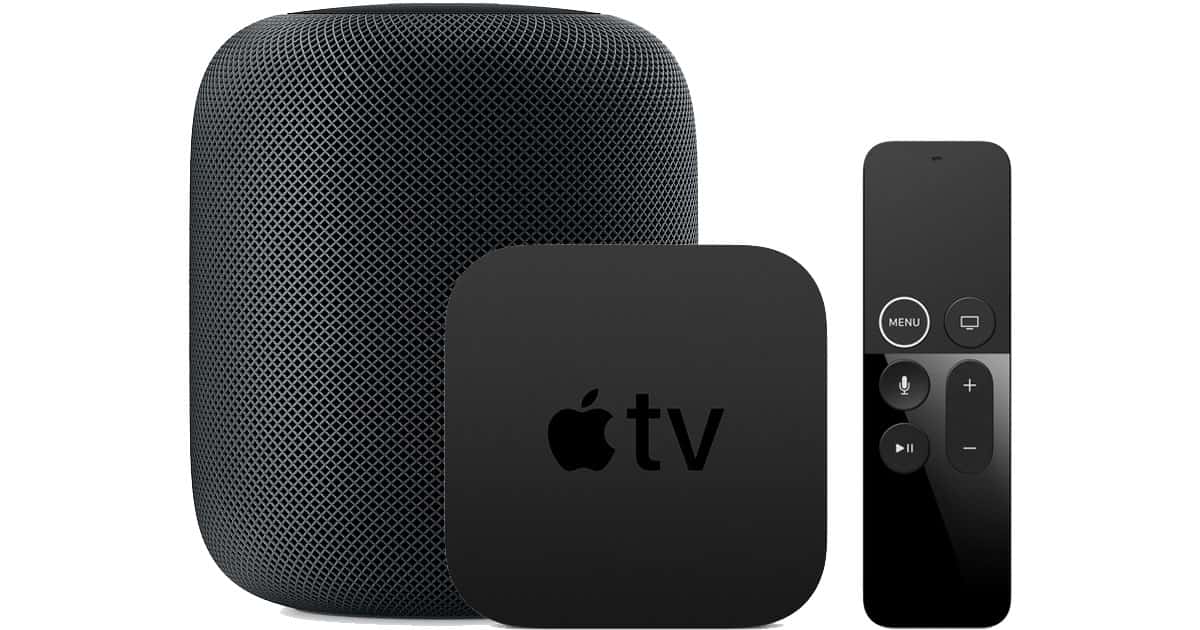Senior Apple executive Lisa Jackson met with Ukraine’s foreign minister Vadym Prystaiko at Davos on Thursday, Business Insider reported. It followed the controversial labeling of the annexed region of Crimea as part of Russia in Apple Maps.
Prystaiko tweeted a photo of himself alongside Jackson, Apple’s vice president of environment, policy, and social initiatives. His tweet said the pair discussed Apple’s “next steps” in the Ukrainian market, with a follow-up tweet hinting that the Crimea issue was also discussed. He wrote: “[Ukraine has a] growing pool of loyal customers, creative IT class, improving business climate – all the ingredients for beneficial cooperation are in place.” In a follow-up he added: “2/2 Protection of IPR, ‘grey market sales’ and some outstanding issues of a political nature are being resolved, too.”
